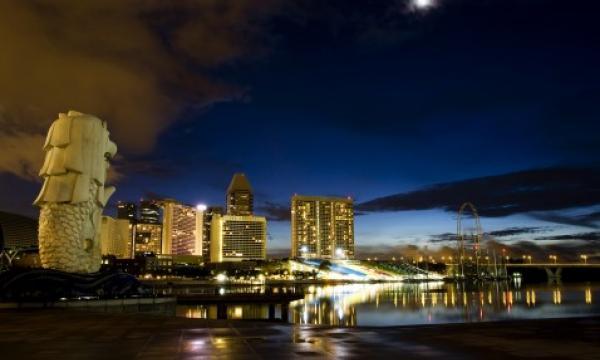
Recession risks for 2020 to persist despite resilience budget: analysts
Another fiscal package may be necessary if recession lasts to Q4.
Although the $48b resilience budget could help cushion the economy from effects of the COVID-19 pandemic by reducing job losses, it will still be unlikely to prevent Singapore from slipping into a sharp recession, analysts explained.
According to a report by HSBC Global Research, more help may still be needed as the economy is still affected on multiple levels, namely as a hub for financial services, manufacturing, tourism and logistics.
“Most worryingly, the impact of sharply slowing trade volumes and the collapse in oil prices have yet to be seen,” said HSBC ASEAN’s chief economist Joseph Incalcaterra.
Maybank Kim Eng projects GDP to fall 2.3% in 2020, with a contraction in the first three quarters followed by a weak recovery in Q4. Likewise, UOB expects a 2.5% contraction for the year, amidst the negative knock-on effects on Singapore’s tourism-related sectors, manufacturing and trade.
“The lifeline may be sufficient for 6 to 9 months but if the world and Singapore remains in recession in 4Q, another fiscal package may be necessary,” Maybank Kim Eng analysts Chua Hak Bin and Lee Ju Ye said.
They also added that the resident unemployment rate is expected to climb to around 3.5% from the current 2.3%, with job losses of around 40,000-50,000 for the year. This is similar to the rise in unemployment rate and retrenchments during the Asian Financial Crisis and Global Financial Crisis.
With this, all eyes will be on the Monetary Authority of Singapore (MAS), who will reveal its monetary policy statement on 30 March, whom HSBC and UOB expects to flatten the slope of the S$NEER policy band.
HSBC further expects the central bank to re-centre the band downwards, which could deliver as much as a 2% one-off depreciation, justified by a sharp drop in output in Q1 and the deflation of core consumer price index (CPI).
Still, the resilience budget could help buoy the economy amidst the downturn. “The finance minister is following a time tested recipe. Substantial wage subsidies were effective in preventing a more severe domestic downturn in 2009,” HSBC said.
DBS Group Research also expects the supplementary budget to lead to a cost savings amounting to 4% for Straits Times Index (STI) stocks, which would allow them to register a 5% YoY earnings contraction instead of 9%.
Further, UOB expects Singapore’s growth to expand by 1.5% in 2021, suggesting that the slowdown is likely to be concentrated solely in 2020.
























 Advertise
Advertise









